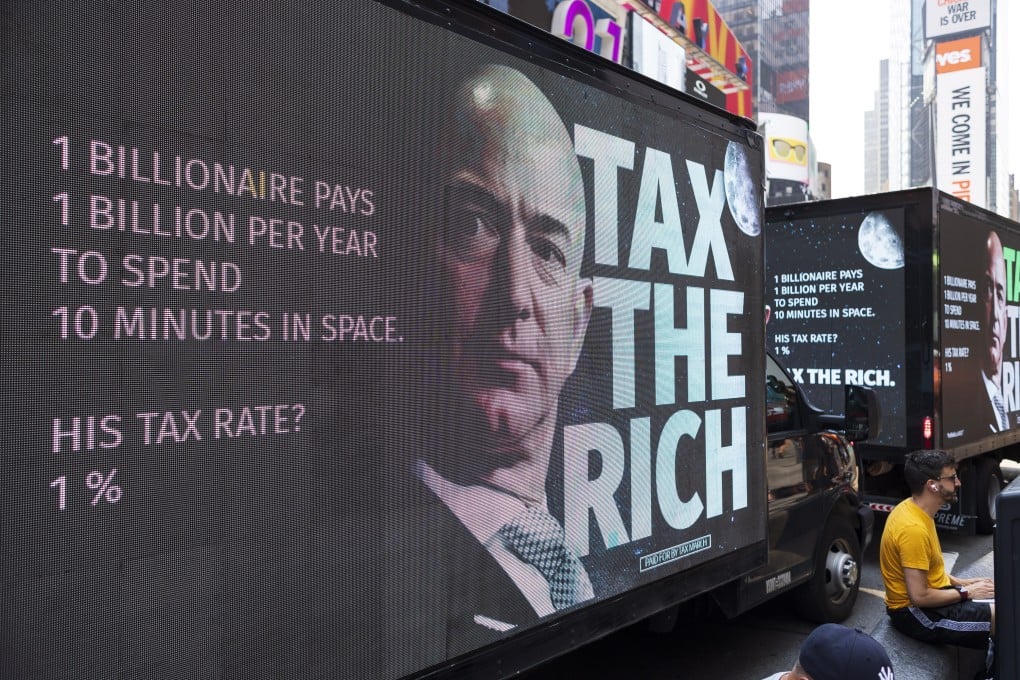Advertisement
Opinion | US must address political corruption and social inequality, or risk the return of Trump in 2024
- Opposition to Biden’s much-needed welfare expansion plan shows America is still being run by the rich, for the rich
- The US must end its 40-year class war on the poor that has resulted in lowered life expectancy and a rise in depression
Reading Time:4 minutes
Why you can trust SCMP
99+

Almost a year after Joe Biden’s narrow presidential election victory over Donald Trump, the United States remains on a knife-edge. Many political outcomes are possible.
These range from the gradual economic and political reform that Biden is seeking to the subversion of elections and constitutional rule that Trump attempted last January.
It’s not easy to diagnose exactly what ails America at its core so deeply that it incited the Trump movement.
Advertisement
Is it the ceaseless culture wars that divide America by race, religion and ideology? Is it the increase in inequality of wealth and power to unprecedented levels? Is it America’s diminishing global power and the repeated disasters of US-led wars?
All of these factors are at play. Yet, in my view, the deepest crisis is political – the failure of America’s political institutions to “promote the general welfare”, as the US Constitution promises.
Over the past four decades, America’s politics have become an insider’s game to favour the super-rich and corporate lobbies at the expense of the overwhelming majority of citizens.
Advertisement
Select Voice
Choose your listening speed
Get through articles 2x faster
1.25x
250 WPM
Slow
Average
Fast
1.25x

